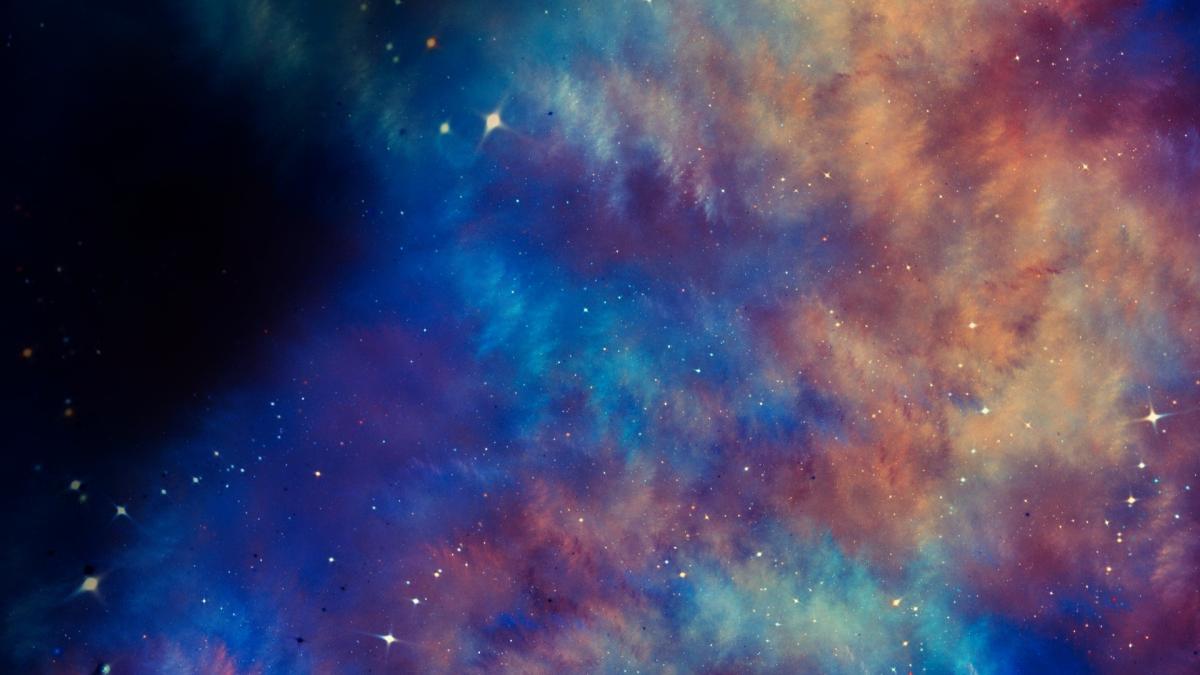
In the video below, A. H. Almaas and Karen Johnson parse the meaning and purpose of knowledge—how we misunderstand it, feel insecure when we think we don’t have it or have enough of it, and how our usual way of thinking about it can be a barrier to truer and deeper knowing. The interplay between the known and the unknown, in fact, is a dazzling dance, because knowledge is not static; it is flexible. How can we open to our experience with humility and courage so that knowledge becomes a fresh, flexible medium that can part to reveal what’s within it?
The Endless Journey of Discovery
Every time we learn something new, it opens more questions. This should tell us something about the nature of knowledge: that it is constantly evolving, changing and expanding. So, knowledge is essentially a doorway that opens to a sea of unknowing. That scares many people. We go about our lives as if we know, and we can feel insecure about ourselves when we don’t know something. But when we experience ourselves, are we really knowing the totality of what we are? It takes humility and courage to acknowledge that we know something, but that this is only a small part of what there is to know.
The process of discovery itself holds more significance than any singular revelation. By diligently inquiring into and exploring our ordinary experiences, we connect with the interconnectedness of all things. As non-dual teachings suggest, every moment is intrinsically linked to everything else, including what some call the ultimate reality or pure awareness.
Even when we experience profound awakenings, perceiving pure consciousness or the "mystery," we often mistakenly believe we’ve reached the pinnacle of knowing. But reality, in its infinite complexity, always has more in store. Just as our understanding of the physical universe is perpetually expanding, so too is our comprehension of the spiritual universe. What initially appears as a complete realization—like experiencing pure consciousness—is often just the beginning.
Embracing the Unknown for True Freedom
The true beauty lies in the freedom to be flexible in our perspectives, to avoid rigid adherence to any single truth. Clinging to one particular knowledge base or viewpoint can hinder us from understanding alternative perspectives, even from truly connecting with others. This applies even to enlightened views; believing our profound experience of reality is the only truth can limit further growth.
Many spiritual traditions bypass this dilemma simply by saying “Get rid of the mind.” But true knowledge fundamentally comes from the Divine mind. It is an obstacle only because we’re interpreting and using it wrongly. It can be illuminated and illuminating.

